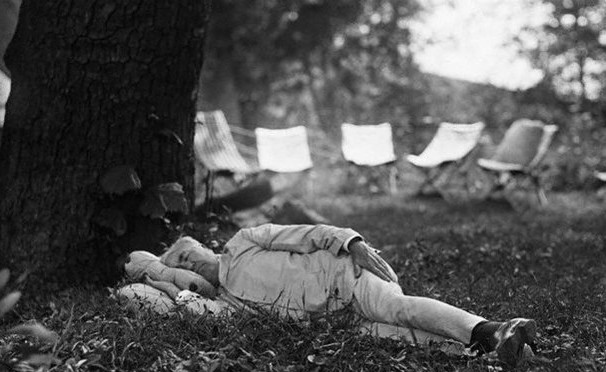“Short-sleepers” aren’t insomniacs but those with a genetic mutation that allows them to thrive with just a few hours of sleep nightly. In fact, they feel even better than the rest of us, more vibrant, with additional time to accomplish their goals. From Helen Thomson’s BBC Future article on the topic:
A positive outlook is common among all of the short-sleepers that [Ying-Hui] Fu has studied. “Anecdotally,” she says, “they are all very energetic, very optimistic. It’s very common for them to feel like they want to cram as much into life as they can, but we’re not sure how or whether this is related to their mutations.”
[Abby] Ross would seem to fit that mould. “I always feel great when I wake up,” she says. She has been living on four to five hours sleep every day for as long as she can remember.
“Those hours in the morning – around five o’clock – are just fabulous. It’s so peaceful and quiet and you can get so much done. I wish more shops were open at that time, but I can shop online, or I can read – oh there’s so much to read in this world! Or I can go out and exercise before anyone else is up, or talk to people in other time zones.”
Her short sleeping patterns allowed her to complete university in two and a half years, as well as affording her time to learn lots of new skills. For example, just three weeks after giving birth to her first son, Ross decided to use one of her early mornings to attempt to run around the block. It took her 10 minutes. The following day she did it again, running a little further. She slowly increased the time she ran, finally completing not one, but 37 marathons – one a month over three years – plus several ultramarathons. “I can get up and do my exercise before anyone else is up and then it’s done, out of the way,” she says.•

